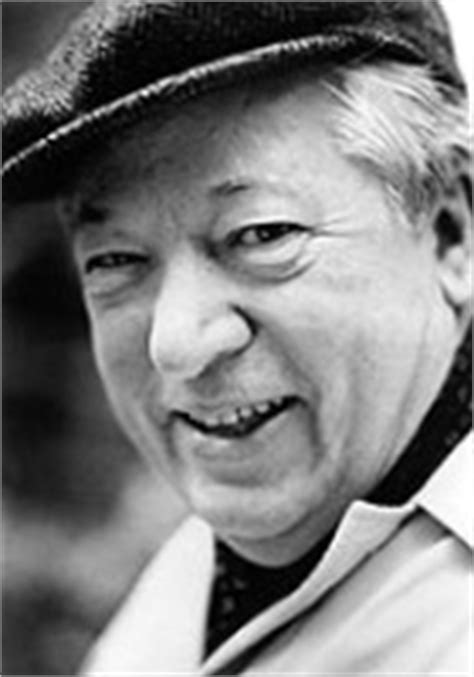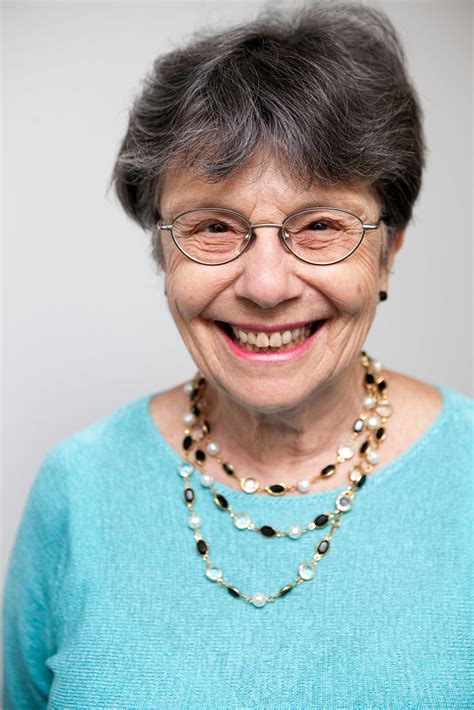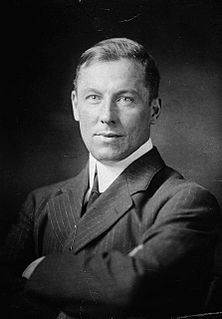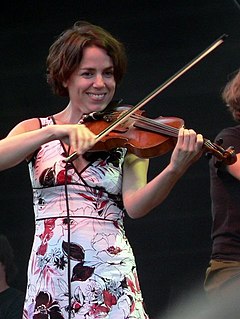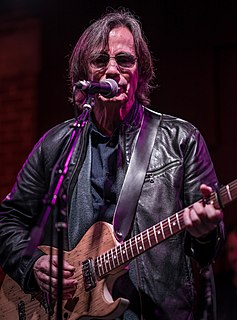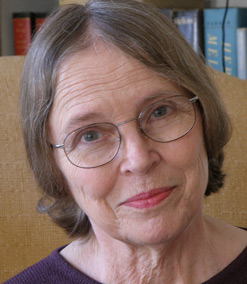A Quote by William Jay Smith
It was the enchantment of spoken verse that led me to write for children.
Related Quotes
Enchantment is the purest form of sales. Enchantment is all about changing people's hearts, minds and actions because you provide them a vision or a way to do things better. The difference between enchantment and simple sales is that with enchantment you have the other person's best interests at heart, too.
I didn't know how write a song, (verse, chorus, verse, chorus, bridge, chorus, bridge, verse), etc., and I didn't know how to write lyrics, so that's when I thought, well, I don't have to write a song with all those verses and choruses or lyrics. I can just sing everything the way I want to. So I sang all the instruments with my voice and just went with it.
Throughout all of the changes that have happened in my life, one of the priorities I've had is to never change the way I write songs and the reasons I write songs. I write songs to help me understand life a little more. I write songs to get past things that cause me pain. And I write songs because sometimes life makes more sense to me when it's being sung in a chorus, and when I can write it in a verse.
Come little children I'll take thee away, into a land of Enchantment Come little children the time's come to play here in my garden of Shadows Follow sweet children I'll show thee the way through all the pain and the Sorrows Weep not poor childlen for life is this way murdering beauty and Passions Hush now dear children it must be this way to weary of life and Deceptions Rest now my children for soon we'll away into the calm and the Quiet Come little children I'll take thee away, into a land of Enchantment Come little children the time's come to play here in my garden of Shadows
